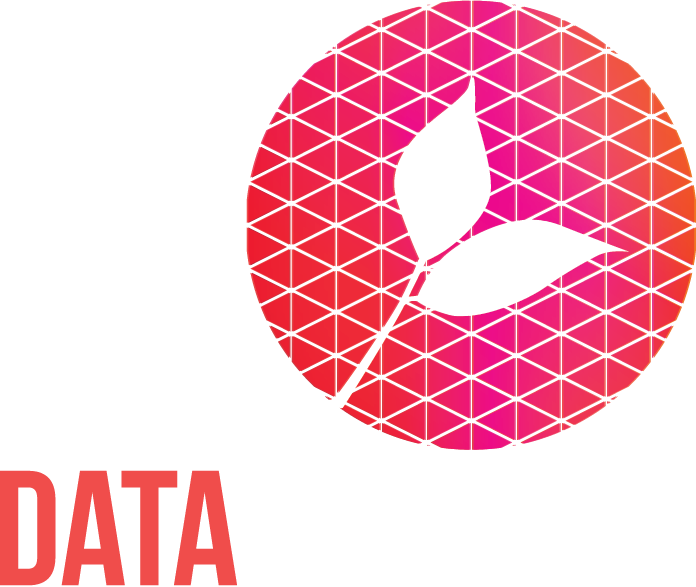Data Orchard’s position on Artificial Intelligence
Discussion about artificial intelligence has been unavoidable over the past year, with ‘AI’ and ‘hallucination’ even being crowned as 2023 Words of the Year. Like everyone else, AI has been firmly on our radar and we have been taking our time to muse about what it means for us and the nonprofit sector as a whole.
Amidst the hype that has built up around AI, we are taking a more pragmatic approach. In summary, this is our position on AI:
It is not new
AI has been around since the ‘60s. We are all already using some form of AI. Google Maps. Bing Translate. The suggested design templates in Powerpoint. Chatbots. The recent hype is about new consumer tools such as ChatGPT. All involve humans to design, supervise and sense check the output. Instead of ‘AI’, try saying ‘applied statistics’ because that’s actually what the technology involves.There are useful tools
There have been useful tools in this space for quite some time and there will continue to be so. The key question to ask yourself of any tool is ‘how might this work for me?’. This is true of generative AI tools like Chat GPT, machine learning and automation tools you might use in your organisation or route planning applications like Google Maps.
Sort out your data first
The fundamental issue is ‘without data there is no AI’. It’s the old adage “rubbish in… rubbish out”.
An organisation needs to be at a reasonable level of data maturity to effectively use AI more systematically on their own data. For many - probably most - social sector organisations, the focus should be on sorting out their data and addressing their data quality rather than worrying about AI.
Get in touch if you want to understand your data maturity or if you need some help in sorting your data out.
Will this change what Data Orchard offers?
In 2023 we worked on our theory for change over nine months. The challenges faced by our nonprofit sector clients are the foundation of this. These are the six key challenges we know are well evidenced and definitely things we can do something about for the organisations we serve:
They don’t have good data
Their data isn’t being used in useful and meaningful ways
They don’t have the right data skills or capacity
Their data isn’t being used to support decision making
They can’t evidence their impact
They don’t know how to start getting better with data
We questioned whether ‘lack of AI’ is a well evidenced problem. It is, in terms of the types of data analysis being utilised. Our experience is that very few are successfully using AI with their own data, though quite a lot are playing with it and using large language models (LLMs) to do generative AI in their daily jobs.
Is lack of AI utilisation MORE of a problem than the ones we’re working to solve? No.
Is lack of efficiency a problem? Yes - we know staff in organisations typically spend around 50% of their time working with data (whatever their role). Will adopting AI solve this problem? No, probably not. We know that more data mature organisations don’t spend LESS time working with data, but they do get MORE rewards and benefits from doing so (including being more efficient).
Chart from our State of the Sector Data Maturity Report based on three years of data.
We also questioned whether AI could be a solution/tool to help us respond to those six problems. Currently we think not - most of the problems we seek to address are about culture, leadership and skills - often quite basic data literacy/fluency skills.
And we know there are other really good organisations out there working in the AI space for social good, like the Ada Lovelace Institute, Charity Digital and Plinth. (We’ve included a list of some resources below).
We remain true to our mission “to enable nonprofit organisations to use data effectively to achieve their goals”, as well as to our values. We will continue to keep a watchful eye on AI developments and to build and share our own knowledge and expertise. Like any other tools that we use in our work, we will support our clients to make use of AI where it is the best solution for the task at hand, and is ethically appropriate.
AI resources for the nonprofit sector
A wonderfully accessible People’s Guide to AI by Mimi Omuoha & Mother Cyborg (Diana Nucera)
Charity Digital’s Ultimate Guide to Artificial Intelligence
Torchbox’s introduction to AI for nonprofits
Our Datafolk Club discussion on uses, concerns and barriers relating to AI in nonprofits
Catalyst’s guides to how your charity can use AI ethically, how to create content using AI and how to use ChatGPT to help your charity meet its goals
The Data Collective’s webinar on how nonprofits can use AI responsibly
The Information Commissioner’s Office guidance on AI and data protection and AI and data protection risk toolkit
Open Data Institute’s Data-centric AI programme
The Charity Excellence Framework’s AI Governance & Ethics Framework (including risk management)
Public Sector AI ‘for public sector employees curious about AI and concerned about ethics and security’.


